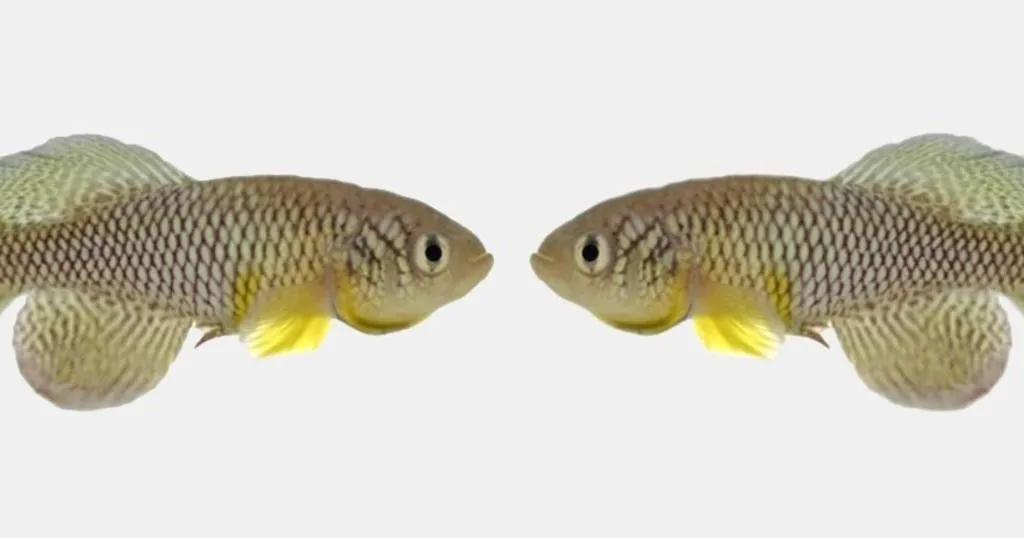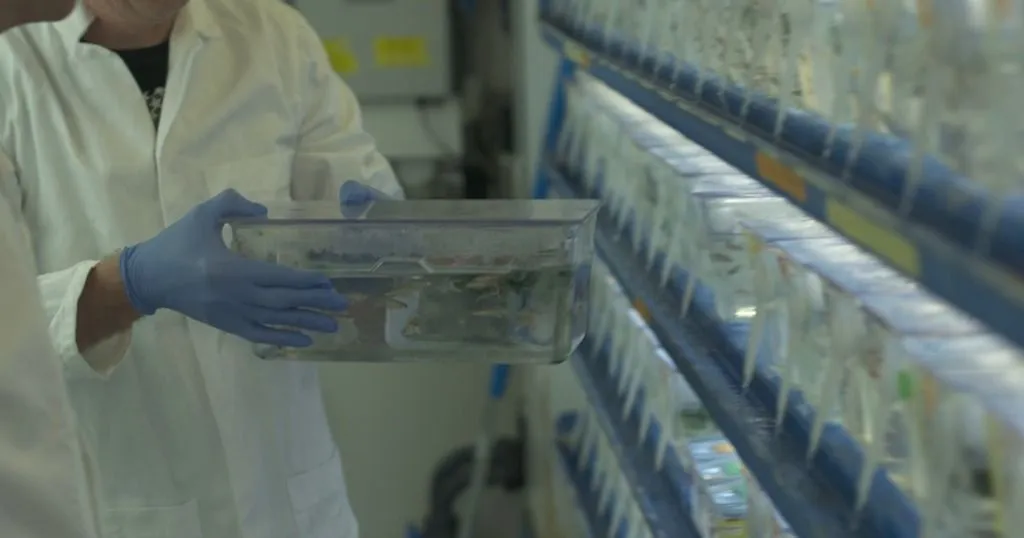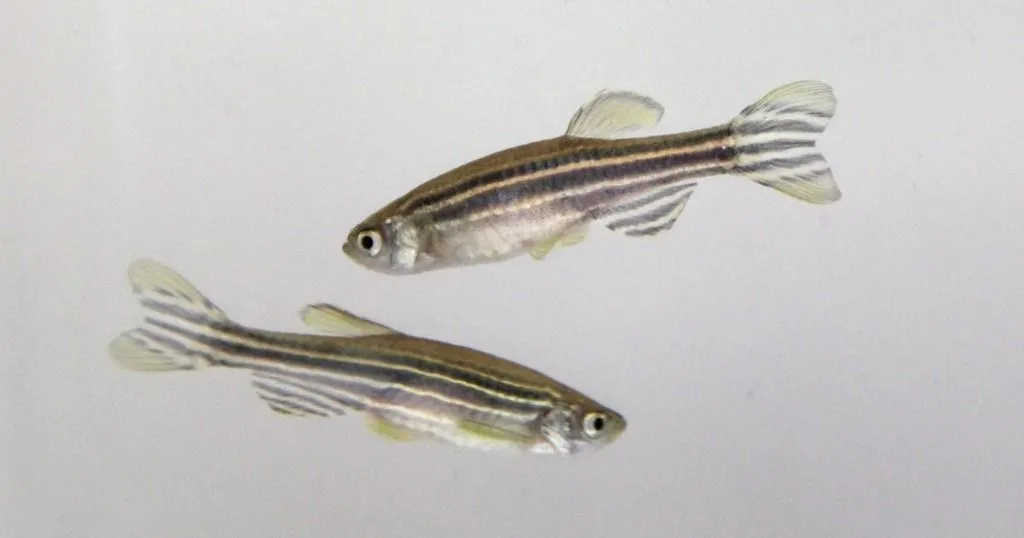Fish live longer and are more active after eating “young poo”
Have you got the guts for it? Well, I hope you at least have the gut bacteria for it.
Posted by
Published on
Thu 20 Apr. 2017
Topics
| EthoVision XT | Video Tracking | Zebrafish |

Gut flora – they’re not the most appetizing thing to talk about, but by now, we know those tiny organisms are important. They have a direct role in maintaining our immune systems, they influence and are affected by several diseases, and our individual microbiome composition changes throughout the lifespan.
In several other species, it’s no different. Mice, flies… and even the African turquoise killifish (Nothobranchius furzeri) that was recently investigated at the Max Planck Institute for Biology of Ageing (Germany).
Killifish
African turquoise killifish typically live for only a couple of months, which makes them a good subject to study changes in gut flora during the aging process. Additionally, research shows that their microbial composition resembles those of other vertebrate aging model organisms.
Changes as fish get older
This study compared the microbial composition of 6-week-old fish (the youngsters) to that of 16-week-old fish (the oldies), and found that microbial composition was significantly altered, with older fish having a great reduction in gut bacterial richness, and a higher prevalence of potentially pathogenic bacteria.
Eating poo
So here is where you’ll need a strong stomach: to test the effect of microbial gut composition on the aging process, the researcher made middle-aged fish (9.5 weeks) eat young fish poo.
Experimental setup
First, the older fish were subjected to antibiotic treatment to clear out their gut flora as much as possible. This in itself had a positive effect on the life span of the fish. But fish that were exposed to the youngster’s poo actually lived longer (they normally don’t eat poo, but according to Valenzano in Nature News, they will probe and bite at the poo, and thus ingest the microbes).
Like to move it
Not only did ingesting flora from the young fish poo make the fish live longer, it also increased their exploratory behavior, which the researchers used as a measure for individual health. They were as active as 6-week-olds, and the effect was long lasting: the increased activity was still noticeable at 16 weeks of age.
Measuring activity
To measure fish activity, EthoVision XT video tracking system was used. During a 20-minute test, they were tracked using an overhead mounted camera, and total swimming distance was analyzed within the EthoVision XT software.
References
- Smith, P.; Willemsen, D.; Popkes, M.; Metge, F.; Gandiwa, E.; Reichard, M.; Valenzano, D.R. (2014). Regulation of life span by the gut microbiota in the short-lived African turquoise killifish. Nature, 544, doi:10.1038/nature.2017.21770
- ‘Young poo’ makes aged fish live longer – by Ewen Callaway for Nature.com http://www.nature.com/news/young-poo-makes-aged-fish-live-longer-1.21770#/b1
Image credits: German wikipedia user Ugau [GFDL (http://www.gnu.org/copyleft/fdl.html) or CC-BY-SA-3.0 (http://creativecommons.org/licenses/by-sa/3.0/)], via Wikimedia Commons
Related Posts

Behavioral assays establish zebrafish in drug screening

What is DanioVision? A brief insight in zebrafish tracking

